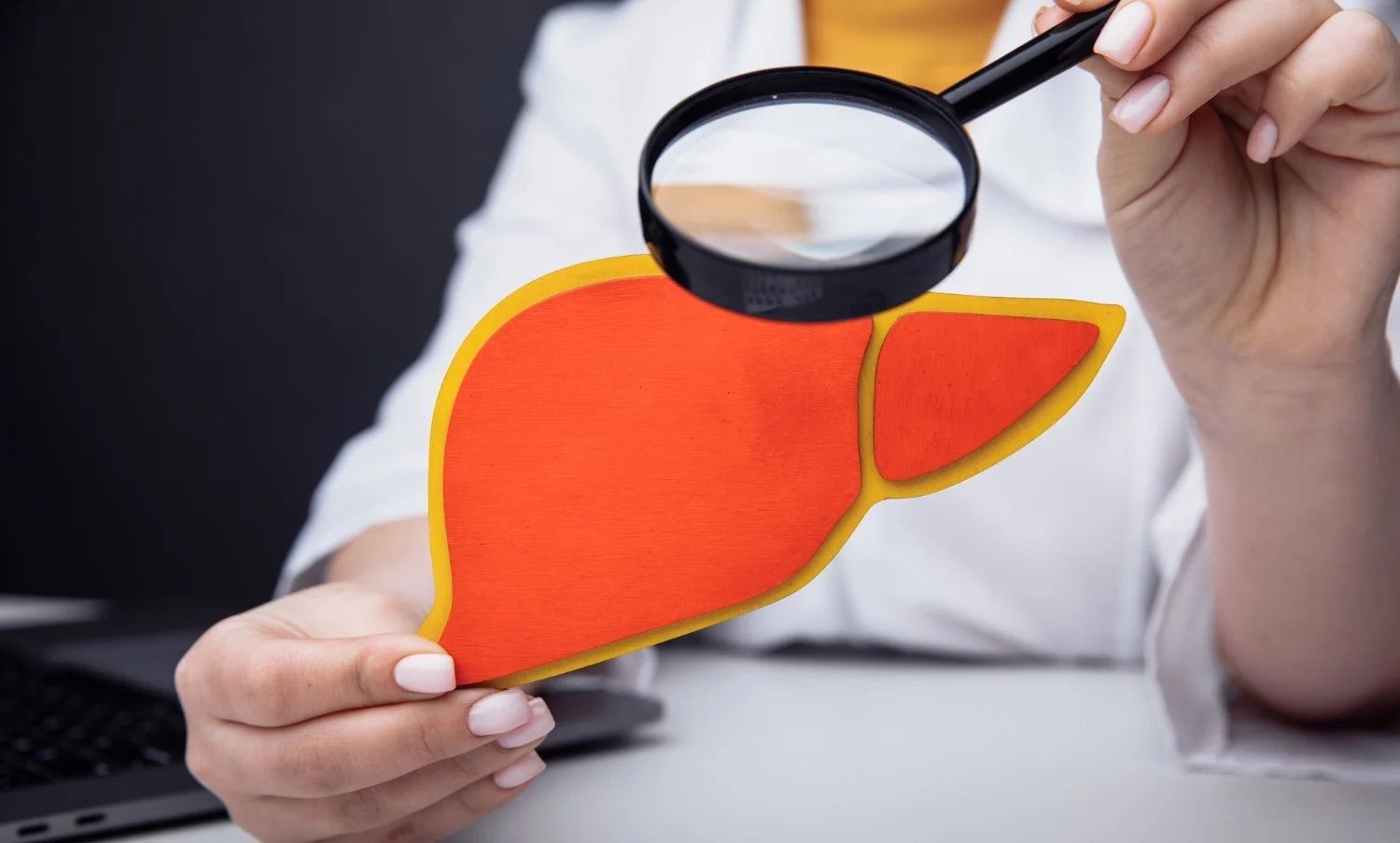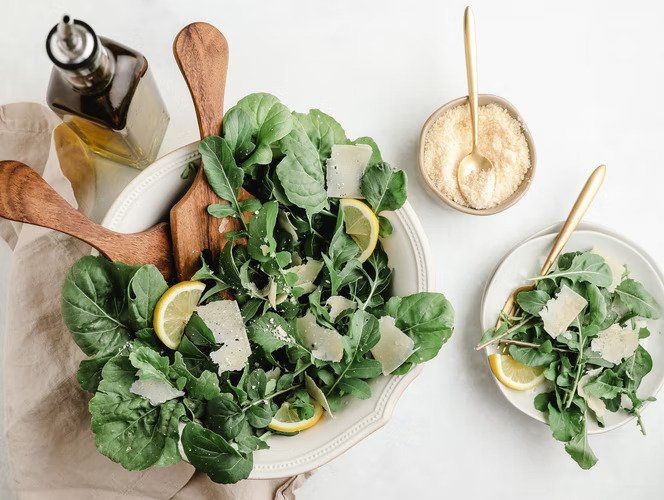Your liver is one of the most vital organs in your body. The liver is only found in vertebrates and is necessary for digestion and growth. Your liver is crucial in living a healthy life, so much so, if you have a bad liver you will likely need a transplant or your life could be at risk. However, many people don’t take the time to understand how different organs in their bodywork. In fact, it's very common for people to now know much about what is going on in their body, which can put them at serious risk. If you are unfamiliar with liver health, its functions, and what affects it, this post will act as a brief guide for what you need to know.
Understanding the Liver
It’s crucial that you know how different organs in your bodywork and how to keep them healthy. By understanding the basic functions of organs, you will be able to preserve your health while also knowing when something could be going wrong. It’s important to understand the liver no matter your age, but as you get older, you become more at risk for liver disease and issues having to do with the liver.
For example, an expert from a company that handles in-home senior care pointed out that seniors over the age of 65 who have been diagnosed with a Hepatitis C viral infection (HCV) are at a higher risk of liver fibrosis than a younger adult who was diagnosed with an HCV infection. This is because HCV infection causes liver inflammation. With that being said, here are some things you should know about your liver.

Where Is the Liver Located in the Body
The liver is located in the upper right abdomen in the human body, under the diaphragm, and overlies the gallbladder. This vital organ is reddish-brown and is wedge-shaped. The liver typically weighs about 3.3lbs and is connected to two large blood vessels.
What are the Duties of the Liver?
One can not live without his or her liver this is due to its crucial functions in the human body. The liver is an accessory digestive organ that produces bile and alkaline fluid that contains cholesterol and bile acids which help breakdown fat in the human body. A majority of the duties of the liver are carried out by the liver cells. The liver is estimated to be a part of up to 500 functions within the body. The most notable being:
- Blood supply
- Biliary Flow
- Carbohydrate, protein, amino acid, and lipid metabolism
- Lymph production
- Blood reservoir
- Breakdown of insulin and hormones
What Affects Your Liver Health?
Because your liver is so crucial to living a healthy life, it’s important that you know what can affect it. This is particularly important when it comes to liver disease. Though the liver disease is often inherited, it can also be caused by a number of other outside factors, such as the few listed below.

Your Diet is Key
Overall, your diet is key in living quality and long life; this is especially true when it comes to the liver. A balanced diet is best when it comes to maintaining a healthy liver. A balanced diet should typically include:
- A variety of fruits and vegetables
- Meat, fish, and eggs
- Unsaturated fats and oils
- Foods that contain probiotics such as yogurt and kefir
- Beans
- Starchy carbohydrates such as potatoes, rice, and wholegrain pasta
Liver-Friendly Foods to Consider
Some specific foods to try to incorporate into your diet in regards to your liver include:
- Coffee
- Tea
- Grapefruit
- Blueberries and cranberries
- Cruciferous vegetables
- Nuts
- Olive oil
- Fatty fish
Foods that Negatively Impact the Liver Health
When it comes to food that can negatively impact your liver, you should do your best to avoid the following:
- Red meat
- White bread/pasta
- Salt
- Fried food
- Food that contains added sugar
- Soda
Certain Cooking Methods
Preserving your liver health when it comes to diet is mostly controlled by the types of foods you are ingesting, so when it comes to cooking methods, it's best to simply choose the healthiest option. A few cooking methods to try in order to preserve your liver and overall health include:
- Cook with olive oil
- Eating raw vegetables
- Grilling rather than baking
- Broiling your meat
- Steaming veggies and fish

Your Level of Activity
Obesity is one of the main causes of liver disease; so in addition to eating a well-balanced diet, one must make it a point to stay as active as possible to avoid obesity. Likewise, obesity and fatty liver disease are also associated with hypertension and high cholesterol.
Staying active will improve your overall quality and longevity of life as you will also avoid diabetes, heart disease, and many other ailments that are associated with being overweight.
Your Social Behavior
Alcohol consumption is also strongly associated with liver disease, and heavy alcohol consumption can damage the liver significantly. Because the liver can only process a certain amount of alcohol at a time, when someone frequently has too much to drink, the liver cells begin to break down. It’s also important to know that you should not combine any medications with alcohol as this can severely damage the liver as well.
Smoking can also cause severe damage to the liver as toxic chemicals cause inflammation and eventual cirrhosis.
The Use of External Drugs and Supplements
Certain medications, both over the counter and prescribed, can cause toxic liver disease which can be life-threatening. To prevent this, follow the advice given by your doctor. Some drugs that have been known to cause liver damage include:
- Antifungal drugs
- Arthritis drugs
- Antibiotics
- Nonsteroidal anti-inflammatory drugs
- Acetaminophen
- Antiviral drugs
It’s important to also point out that certain supplements can also damage the liver. If you need to take any of them, you should follow your doctor's control and advice.
Preserve Your Liver Health and Function
In order to live your life to the absolute fullest, you must make it a point to take care of your entire body, both internally and externally. After reading this post, hopefully, you have a better understanding of your liver and its function. Be sure to watch out for some of the signs of liver disease or damage, such as:
- Fever
- Dark-colored urine
- Jaundice
- Pain in your stomach
- Weight loss
- White or gray stool
- Nausea
- No appetite
Being aware of these common symptoms could potentially save your life, or someone you love’s life. Be proactive and do all that you can to protect your liver and your overall health and wellness.












